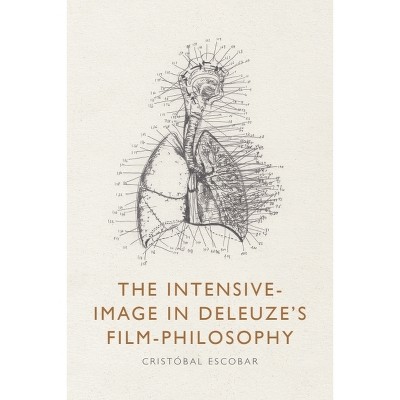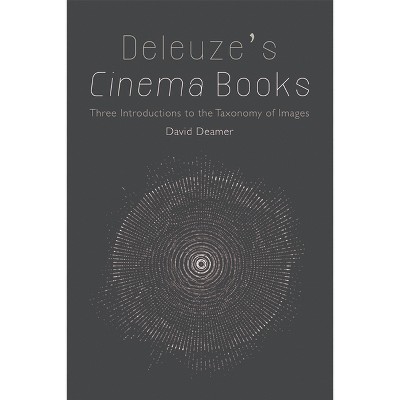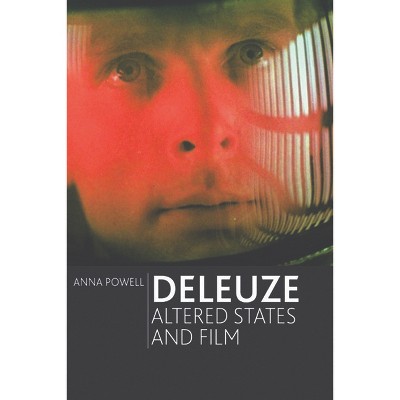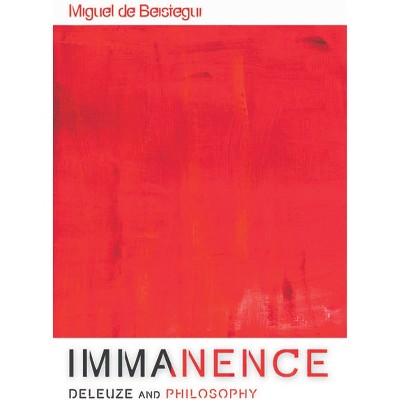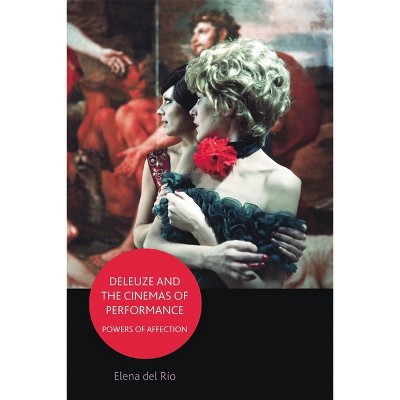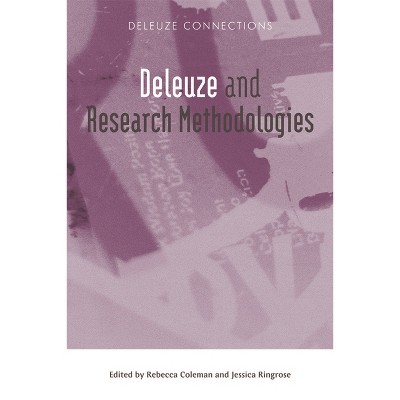Cinecepts, Deleuze, and Godard-Miéville - by Jakob A Nilsson (Paperback)

About this item
Highlights
- As the spread of knowledge and even theory becomes an increasingly audiovisual affair, how can philosophy adapt in ways that develop - rather than dilute - philosophical rigor and specificity?
- Author(s): Jakob A Nilsson
- 240 Pages
- Performing Arts, Film
Description
About the Book
Develops a theory of cinecepts: a new framework for how philosophy can proceed in and through film/video/audiovisual media
Book Synopsis
As the spread of knowledge and even theory becomes an increasingly audiovisual affair, how can philosophy adapt in ways that develop - rather than dilute - philosophical rigor and specificity? How can philosophy harness the potential of audiovisual media - being more formally multidimensional than text-only - to conceptualize with greater precision and depth?
This book presents a theory of formal development of philosophy in this regard: a theory of cinecepts. While spanning film, media, art, and critical theories as well as philosophy, this study proceeds mainly through a close reimagination of the work of Gilles Deleuze, which allows for a merging of what he kept separated: filmic thinking and philosophical conceptualization. Jean-Luc Godard & Anne-Marie Miéville's underexplored 1970s Sonimage works are also the subject of extensive examination, along with critical considerations of a contemporary era of academic video essays and phenomena like philosophy channels on YouTube.
Review Quotes
Nilsson proposes both a new interpretation of the relationship between theory and practice in the work of Jean-Luc Godard and a new reading of Gilles Deleuze and the application of his thought to cinema. Nilsson delineates a rich new avenue for research in film-philosophy. No other book has examined in such detail or with such conviction Godard's famous claim that cinema is 'a form that thinks.'--Douglas Morrey, University of Warwick
This book closely examines the interconnections between cinema and philosophy; in line with, but also moving beyond Deleuze. The words "cinema" and "concepts" are here tightly bound up to shape a new theoretical development of audio-visual philosophy. It comes close to a specific version of what I have called "Image-Thinking".--Mieke Bal, author of Image-Thinking: Artmaking as Cultural Analysis
Shipping details
Return details
Trending Non-Fiction






